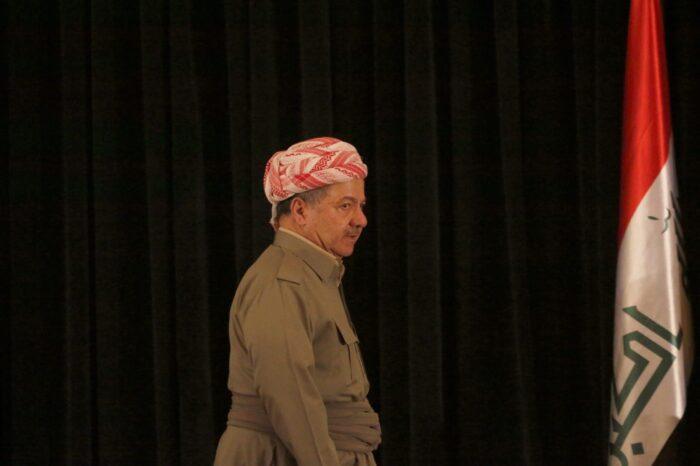Turkey’s Troop Deployment to Mosul
Turkey’s decision to bolster its presence in northern Iraq coincides with an overcrowding of hands in the proverbial pot that is the multinational efforts against ISIS. Baghdad has not reacted warmly to the addition of some 160 troops and 25 tanks deployed to join the 1,000 Turkish troops already stationed at Bashiqa base, outside of ISIS controlled Mosul. The fall of Mosul was a tough pill to swallow for all the major players in northern Iraq. For Iraq, it meant the loss of its second largest city; for the Kurds it was a blow to their territorial ambitions, and for Turkey it saw both the taking of over a dozen diplomatic hostages as well as the threatening of Turkish investments in the region. However, there remains no credible force in Iraq capable of retaking the city, which has been held by ISIS since July 2014. Turkey first deployed personnel to Bashiqa in March of 2015 in an effort to train Sunni Hashd al Watani forces keeping ISIS at bay. This deployment came with the backing of former Nineveh Province Governor Atheel al-Nujaifi.
So why, then, has there been so much attention and tension over Turkey’s most recent move? The Iraqi government in Baghdad has stipulated that it has final approval on all international anti-ISIS activity in the country, and Turkey’s deployment sparked rallies of Shiite Iraqis protesting the action. Iraq issued a 48 hour ultimatum to Turkey to withdraw its forces and, with Russia’s backing, approached the UN Security Council regarding the issue. KRG President Masoud Barzani went on the record saying that Turkish forces came into northern Iraq in coordination with Baghdad, and pointed to a previously reached agreement between Baghdad and Ankara regarding Turkish deployment of troops to train Kurdish Peshmerga fighters.
The KRG and Ankara have strong relations.Turkey serves as a vital partner in the KRG’s export of crude oil, the major source of export revenue for the semi-autonomous region. While Turkey has stated that the additional forces deployed to Bashiqa are meant to enhance its efforts to train Peshmerga forces, naysayers have called the move an attempt by Turkey to assert itself in the “showdown for Mosul.” Turkey has continued to make efforts to appease the apprehensions of Baghdad, first by sending a high level diplomatic mission to discuss the future of Turkish troops in Iraq. Following these talks, Turkey redeployed 10 military vehicles from Bashiqa to another base in northern Iraq. Additionally President Barzani traveled to Ankara for discussions about Turkish deployment in the region, among other issues. Turkey and Barzani seem to be on the same page, agreeing that Turkish presence in northern Iraq is an essential part of keeping ISIS ambitions at bay. For its part, the government in Baghdad’s reaction can best be attributed to the pressure it faces from increasing Iranian and Russian pressure within the state. Turkey’s stake in the fate of Mosul is profound. The existence of an ISIS enclave so close to Turkish territory, coinciding with increased concern about ISIS attacks within Turkey, itself, constitute a national security concern for Ankara.
It seems unlikely that Turkey will move from the position it has taken in northern Iraq. However, the government appears to embrace the possibility that diplomatic dialogue with Baghdad can ease tensions between the neighbors. Were Turkey to withdraw completely from Bashiqa it would mean exposing Kurdish Peshmerga forces in the area around Mosul to ISIS attack. The challenge for Turkey (as well as Iraq, for that matter) will be managing its interests as they diverge from those of Iran and Russia, all of which have mixed relations, and especially with newly hostile relations between Turkey and Russia.























